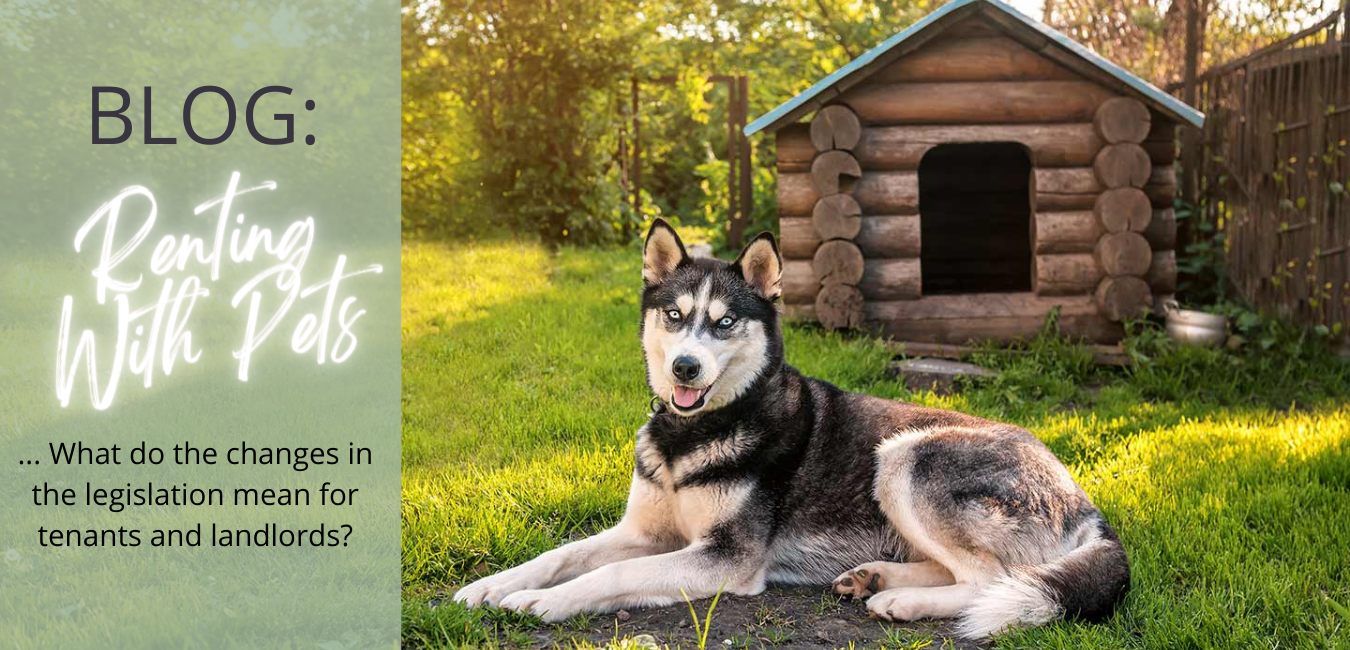
Changes To QLD Legislation
So what are these changes, when do they come into effect and what does it mean for tenants and landlords?
The Queensland state government has amended two pieces of legislation pertaining to tenants and landlords;
- The Residential Tenancies and Rooming Accommodation Act 2008
And - The Residential Tenancies and Rooming Accommodation Regulation 2009.
Ultimately what this will do is make it easier for a tenant to negotiate to have a pet kept at a rental property. It will no longer be so black and white, where it was up to the owner as to if a pet could be kept at a rental or not.
From 1st of October 2022 a tenant can apply to the landlord to keep a pet at a rented home and the landlord can only deny this request if they have reasonable grounds. The lessor is required to respond to the tenant within 14 days of the request. If this 14 day period lapses the request can be treated as approved and the tenant is allowed to house said a pet at the property provided it meets the definition of a pet (more about that in a few paragraphs).
So the law has established that a tenant can ask to have a pet and will more than likely get their way.
Then begs the question what are some of the reasons that the application might get rejected???
Well, for a lessor to reject the request they have to have reasonable grounds for doing so.
Some of these are:
- If the additional pet would exceed the reasonable number of pets being kept at the premises. What is that number? Well id depends on the pet and it depends on which local council you live in. What I can tell you that if they are dogs and in Brisbane the most that can be kept without a permit at one property is two (see more from the Brisbane City Council here).
- If the property is not suitable for the type of pet. For instance, if you were seeking to house a large dog that would spend most of its’ time outside. If the property was not appropriately fenced the landlord is not required to install a fence or allow you to keep the pet.
- If keeping the pet were to cause a health and safety risk or if keeping the pet was likely to result in damages to the property that exceeds the rental bond held by the RTA.
- If keeping the pet was not in accordance with any other legislation, regulations, or rules, including local government ordnances, caravan park rules or strata title by-laws. Interestingly by-laws is on that list, even though there was a precedent case that has deemed that a body corporate cannot discriminate against a tenant or owner wishing to house a pet.
- If the tenant does not agree to reasonable conditions as to keeping the pet.
- And finally; if the animal does not meet the legal definition of a pet the landlord may reject the request.
The landlord can place reasonable conditions on the pet such as having it kept outside, having it tied up etc etc.
Pets
So we have established the main changes to the rules. But what meets the legal definition of a pet?
A pet in the eyes of the law is a:
- Domesticated animal.
- An animal that is dependent on a person for food and shelter. However, this will not include a working dog (farm dog) or an animal that the legislation has deemed to not be a pet (farm animals).
If after a request the tenant is allowed to keep a pet, the responsibility of fumigation and carpet cleaning falls on the tenant. The landlord is not allowed to ask for additional rent or bond due to the pet. Pet damage to the property will not fall under fair wear and tear. The tenant is also responsible for any and all nuisance caused by the pet and any breaches of the conditions of the pet will breach the tenancy agreement.
In summary this really does just make it easier for a tenant to keep a pet, but there are a few little protections afforded to the landlord.

